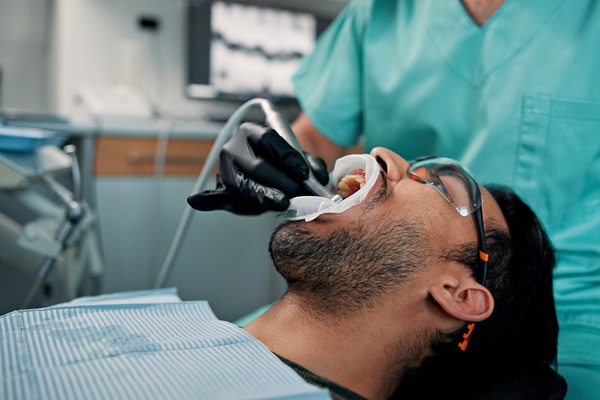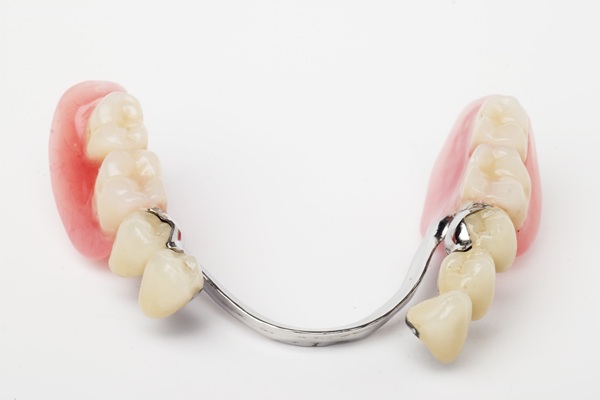Cold Sores, Mouth Sores and Canker Sores

Cold, mouth and canker sores are all sores that can affect many people at some point in their lives. Each type of sore is different and have their own symptoms that can be identified.
Mouth sores
Mouth sores can appear on any soft tissues on your mouth, including your lips, cheeks, gums, tongue and the roof of your mouth. These sores are usually a minor irritation and last only a week or two at the most. There are conditions that can cause mouth sores. Some conditions include a cold sore, gingivitis, oral thrush and celiac disease.
Symptoms of mouth sores
Symptoms of mouth sores include redness and pain, especially when consuming drinks or swallowing. There may also be a burning or tingling sensation around the sore depending on the size, severity, and location of the sores in the mouth. Mouth sores may also develop blisters in the mouth.
Cold sores
Cold sores, also called fever blisters, are a common viral infection that causes tiny, fluid-filled blisters to form on and around the lips in patches. After the blisters break, a crust forms, resulting in the sore. Cold sores usually heal on their own accord in two to four weeks without any form of scarring. Cold sores are contagious and spread from person to person by close contact. This virus can affect the mouth or genitals and can be spread by oral sex. Antiviral medications can help cold sores heal quickly and may reduce how often they return.
Symptoms of cold sores
A cold sore usually passes through several stages. The person may first experience tingling and itching around their lips before a blister appear. Once these blisters appear, they typically break out along the outside edge of the lips where the skin starts. Cold sores may also occur around the nose or on the cheeks depending on the severity of the breakout. Once these blisters burst, they leave shallow open sores that ooze fluid, eventually crusting over. Signs and symptoms vary depending on the person and can last several days to weeks. Typically the more these sores reoccur, the less the severity.
Canker sores
Canker sores are small, shallow ulcers that appear in the mouth and can make eating and talking uncomfortable. Typically, there are two types of canker sores: Simple canker sores and complex canker sores. Simple canker sores can appear two to three times a year and can last up to a week. Complex canker sores are less common and typically reemerge in people who have previously had them.
Causes of canker sores
The exact cause of canker sores is currently unknown. However, scientists believe that stress or tissue injury can encourage and trigger the growth of these sores. Canker sores appear as round or oval and can form anywhere inside your mouth – from your tongue to inside your cheeks. These sores typically appear in teens and young adults, but more commonly in females. A diet lacking in vitamin B or hormonal shifts during menstruation can be early possible triggers for canker sores. If you believe you have any of these sores, contact a professional as soon as possible to help properly diagnose your symptoms.
Request an appointment here: https://lincroftvillagedental.com or call Lincroft Village Dental Care at (732) 842-5005 for an appointment in our Lincroft office.
Check out what others are saying about our services on Yelp: Read our Yelp reviews.


